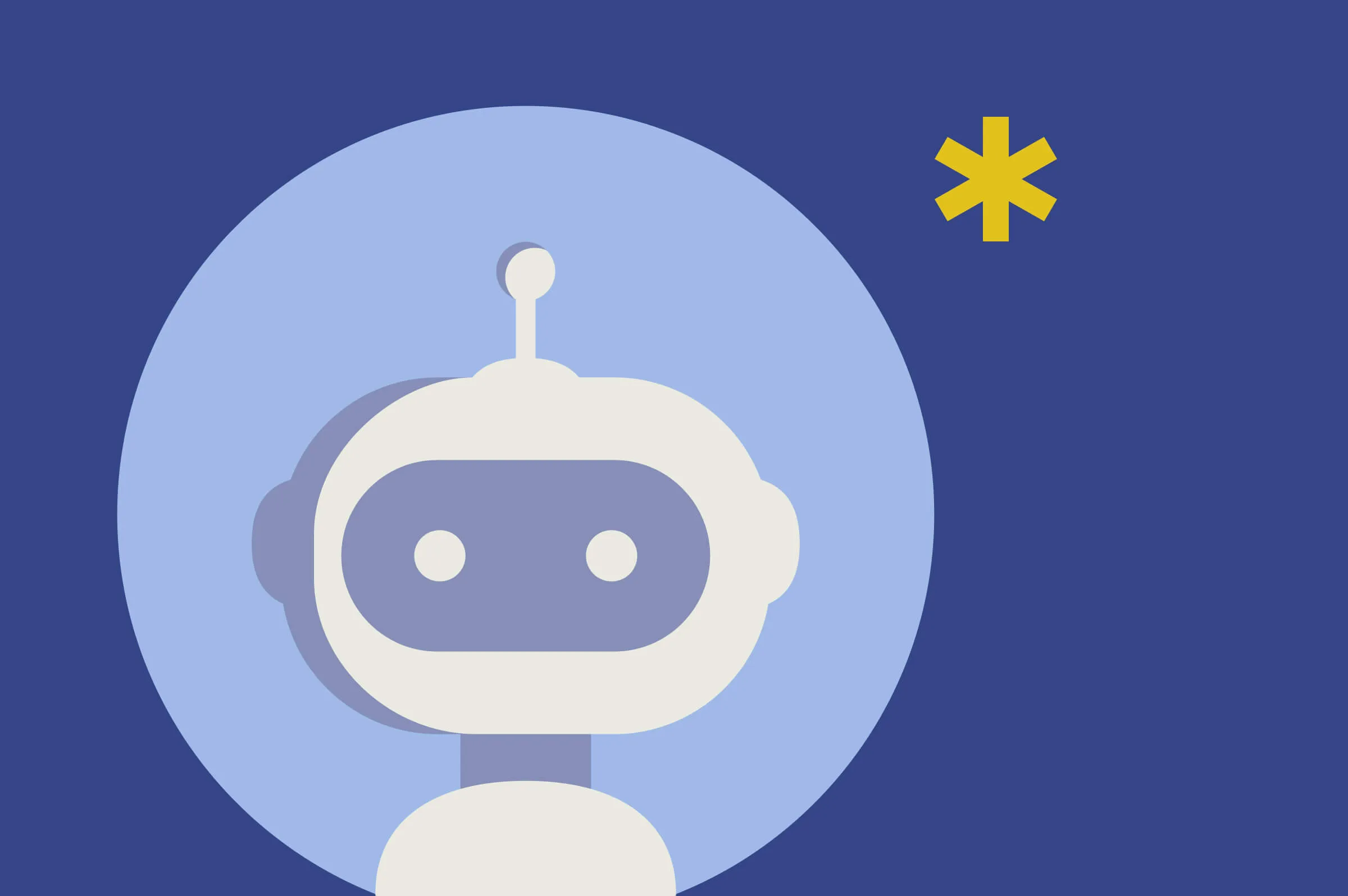AI is here and we’re already starting to see business impacts around it.
Here in San Francisco, AI conversations are so common that we couldn’t forget how disruptive the technology has been if we wanted to – even if we did, there’s no shortage of articles, opinion pieces, and shareable content from thought leaders and LinkedIn prognosticators alike to remind us. We have experimented with (and are continuing to tweak) ways to use AI as a B2B creative agency – to improve operational efficiency and output, ensuring our clients get the best work and our offering is competitive. We need to stay current and have our ear to the ground to identify new opportunities for it to help us in our work.
But if we want to get existential about it, there are still plenty of questions. What will a B2B creative agency look like in the future? Will there even be a need for us? If so, what will people pay us to do and why? And what will no longer be important or of value? How will B2B companies market in the future? What do you think, Sköna? Well, we’re happy you asked…
First, we believe that AI will amplify us as people, allowing us to do more with less. AI will replace those repetitive, check-the-box tasks that allow us to put more time and energy towards hardcore thinking and ideating. We predict the administrative sides of project management will continue to need less and less human hand-holding. Timelines, SOWs, reminders, routing, collecting of documentation, meeting scheduling, change-order creations, and resource allocation – all taken care of by AI.
From there, it seems the next frontier is using AI to review, assess, and simplify our processes. We believe we’ll start to see more AI in financial accounting. We will still want high-level guidance when assessing reports and financial statements, but we’ll be less willing to pay for pure bookkeeping.
And, of course, there’s the actual creative process. We’ve already dabbled with AI in image selection and creation, research, motion development, voiceover, production design, coding, and web AI. But here’s the thing: AI is speeding up the process of commoditization. If we can use AI to do these things, so can anyone.
We believe that when creative processes can be mostly optimized with AI – say, if more than 50% of a process or outcome can be created using it – the margins of providing those services will erode to the point we will no longer be able to make any money. Our stance at Sköna is that we will continue to use AI to get better at what we do until we reach the tipping point: where it can do what we do on its own. At that point, we have to be ready to move on to the next service we’re going to offer.
We’ve also seen an increase in reliance on AI when it comes to web work. Even the global firms have had to pivot away from development and the design of standard websites to instead developing strategy and higher level digital experiences. Traditional webwork has become commoditized for everyone. We also see that clients are less willing to spend on websites when other spaces like LinkedIn are gaining in popularity. The ability to use AI to build a website from scratch is years if not months away.
Which leads us to where we still foresee being needed – our thinking! We’ve already seen an increase in campaign creation and ideation and we believe strategy and insights in general, will continue to be a competitive advantage. With spiking interest rates, companies are shifting from “cheap” acquisition strategies to creating creative campaigns that stand out and deliver results. As humans, we still have an edge on AI when it comes to thinking new thoughts and creating new ideas. As humans, we still have a sense of what other humans will emotionally react to. We have an ability to understand what’s going on in the zeitgeist and figure out how to add to it, how to be a part of pop culture. And believe it or not, this is just as relevant for B2B marketers as it is for consumer brands.
It’s hard to determine exactly what role a B2B creative agency will fill in the future, but strategy and being a thought-partner to our clients will be foundational. We will go towards acting more like (management) consultants and less like production agencies. Part of that will also include helping our clients justify budgets and measuring results. Hence we will be able to use AI powered methods to more accurately track brand impact and advertising efficiency in the B2B world. As we continue to struggle with attribution questions, we have high hopes AI will provide an answer.
As much as we all would like to stick our heads in the sand and pretend it doesn’t exist, it’s too late for that. AI is here and we’re already starting to see business impacts around it. We don’t necessarily have to be early adopters, but we also can’t be luddites. We cannot be intimidated by technology and therefore will continue to play around with the AI we have at our hands and encourage all our team members to do the same. While we might not be building actual AI assistants or production bots, we need to be mentally willing and ready to leverage them when they are here.

